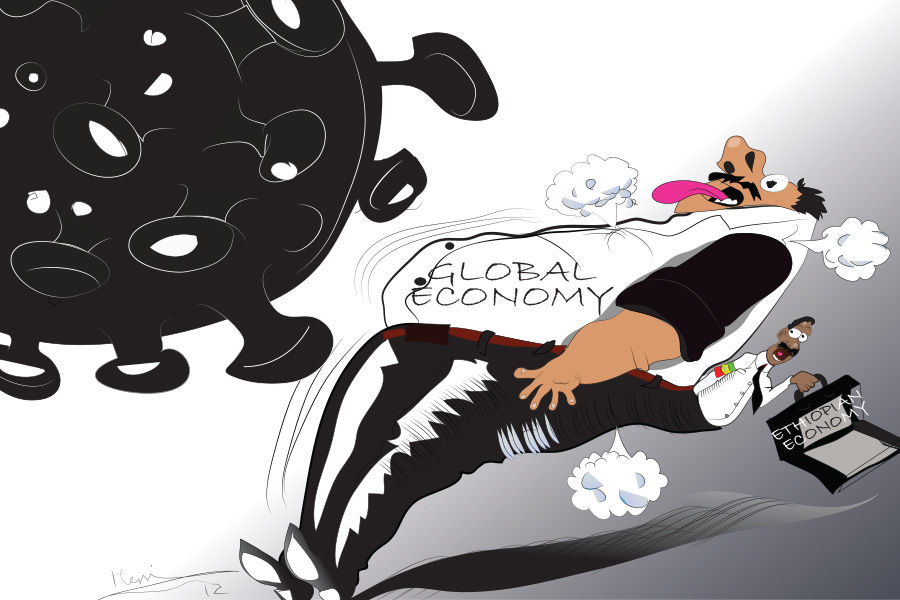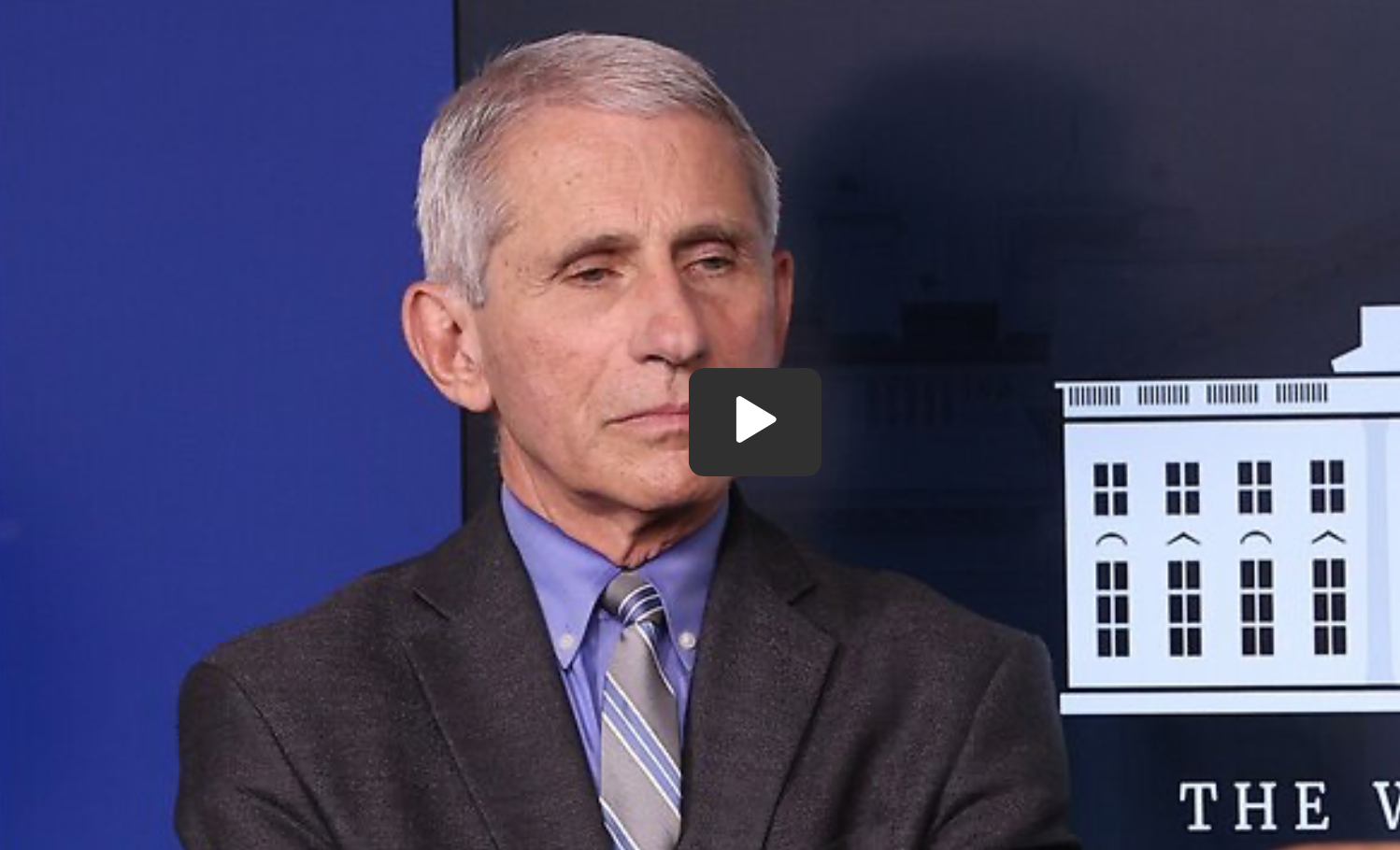
Viewpoints | Sep 19,2020
Sep 18 , 2021
By Christian Tesfaye
The international community’s attitude towards Ethiopia’s civil war has inspired heated debate, and for a reason. As it has done in Afghanistan, Syria and Yemen, we see in real-time as the global order utterly fails in protecting lives and finding a political settlement between combatants.
Despite this, I have been glad that the United States, the EU and the United Nations have engaged actively. They have called for unfettered access to humanitarian goods and services and a ceasefire. Their input, at least here, is not only appreciated but necessary and should be taken up by local players to bring the war to an end. Nothing less could suffice.
But, for the life of me, I had only suspicions for why the likes of the United States assumed that economic sanctions would work for Ethiopia. Countries that are not democratised do not have governments accountable to citizens and thus are far less likely to change their behaviour just because the country is facing economic hardship. Neither are groups fighting along the fault lines of identity, claiming themselves to be in existential peril, likely to be dissuaded through their wallet books. They believe they are trying to survive for today.
Why would the US assume that holding money back from a road project that will have a tangible economic impact in the next decade make those on either side of the battlefront re-think their strategies?
More critically, do US policymakers have no access to the study after study that shows that sanctions have a poor record of changing the behaviour of governments but are destined to harm the livelihoods of ordinary citizens instead of the elites that perpetuate the war?
A recent Foreign Affairspiece by Daniel W. Drezner, professor of international politics at the Fletcher School of Law & Diplomacy at Tufts University, headlined “The United States of Sanctions,” makes an excellent argument for what I have held as only suspicions. These parts of the article are the most relevant to Ethiopia:
“Reliance on economic sanctions would be natural if they were especially effective at getting other countries to do what Washington wants, but they’re not. The most generous academic estimate of sanctions’ efficacy - a 2014 study relying on a data set maintained by the University of North Carolina - found that, at best, sanctions lead to concessions between one-third and one-half of the time,” goes the article. “Sanctions are hardly cost-free. They strain relations with allies, antagonise adversaries, and impose economic hardship on innocent civilians."
It only gets more damning after this.
“If economic sanctions are so enervated, why are foreign policy elites so enthused about them? It is not because they are irrational. Rather, shifts in world politics and in American society have made sanctions look more attractive, particularly in comparison with other options. Simply put, it is easier to impose sanctions than it is to do anything else.”
We should all support the efforts of the United States and the European Union in advancing the cause of democracy, human rights and equality. Perpetrators should be brought to justice, humanitarian goods and services should be given unfettered access and a ceasefire must be enacted. If the US has a well-thought plan for the sanctions against Ethiopia to meet these goals and secure a political settlement, we should support it. The civil war cannot be allowed to continue.
But if experience counts for anything, it is that sanctions rarely work, especially for a war such as this and against countries such as Ethiopia. What has not worked to improve the situation of other countries – say Syria, which is under a barrage of sanctions – will likely not pull off a miracle this time around. Poverty is one of the most violent things that could be inflicted upon societies. Unemployed people with hungry stomachs have less appetite for lofty ideals such as democracy. Worse, a failing economy unlocks a large amount of labour force for the security forces, rebel movements and terrorist groups. Every problem gets worse when there is less money to deal with it. It will not be different for Ethiopia.
The great fear is that US foreign policymakers know this, as the Foreign Affairspiece argues. If the livelihood of ordinary citizens is being squeezed (and more people being thrown into extreme poverty) just to substitute for lack of foreign policymaking imagination on the Biden administration’s part and for American voters to feel like they are making the world a better place without costing taxpayers too much money, then we do need a miracle.
PUBLISHED ON
Sep 18,2021 [ VOL
22 , NO
1116]


Viewpoints | Sep 19,2020

Radar | Dec 24,2022

Radar | Sep 14,2019

My Opinion | Oct 12,2024

Editorial | Mar 14,2020

Radar | May 13,2023

Viewpoints | Mar 14,2020

My Opinion | Nov 02,2024

Covid-19 | May 09,2020

Covid-19 | May 14,2020

My Opinion | 131970 Views | Aug 14,2021

My Opinion | 128359 Views | Aug 21,2021

My Opinion | 126296 Views | Sep 10,2021

My Opinion | 123912 Views | Aug 07,2021

Dec 22 , 2024 . By TIZITA SHEWAFERAW
Charged with transforming colossal state-owned enterprises into modern and competitiv...

Aug 18 , 2024 . By AKSAH ITALO
Although predictable Yonas Zerihun's job in the ride-hailing service is not immune to...

Jul 28 , 2024 . By TIZITA SHEWAFERAW
Unhabitual, perhaps too many, Samuel Gebreyohannes, 38, used to occasionally enjoy a couple of beers at breakfast. However, he recently swit...

Jul 13 , 2024 . By AKSAH ITALO
Investors who rely on tractors, trucks, and field vehicles for commuting, transporting commodities, and f...

Jul 5 , 2025
Six years ago, Ethiopia was the darling of international liberal commentators. A year...

Jun 28 , 2025
Meseret Damtie, the assertive auditor general, has never been shy about naming names...

Jun 21 , 2025
A well-worn adage says, “Budget is not destiny, but it is direction.” Examining t...

Jun 14 , 2025
Yet again, the Horn of Africa is bracing for trouble. A region already frayed by wars...

Jul 6 , 2025 . By BEZAWIT HULUAGER
The federal legislature gave Prime Minister Abiy Ahmed (PhD) what he wanted: a 1.9 tr...

Jul 6 , 2025 . By YITBAREK GETACHEW
In a city rising skyward at breakneck speed, a reckoning has arrived. Authorities in...

Jul 6 , 2025 . By NAHOM AYELE
A landmark directive from the Ministry of Finance signals a paradigm shift in the cou...

Jul 6 , 2025 . By NAHOM AYELE
Awash Bank has announced plans to establish a dedicated investment banking subsidiary...